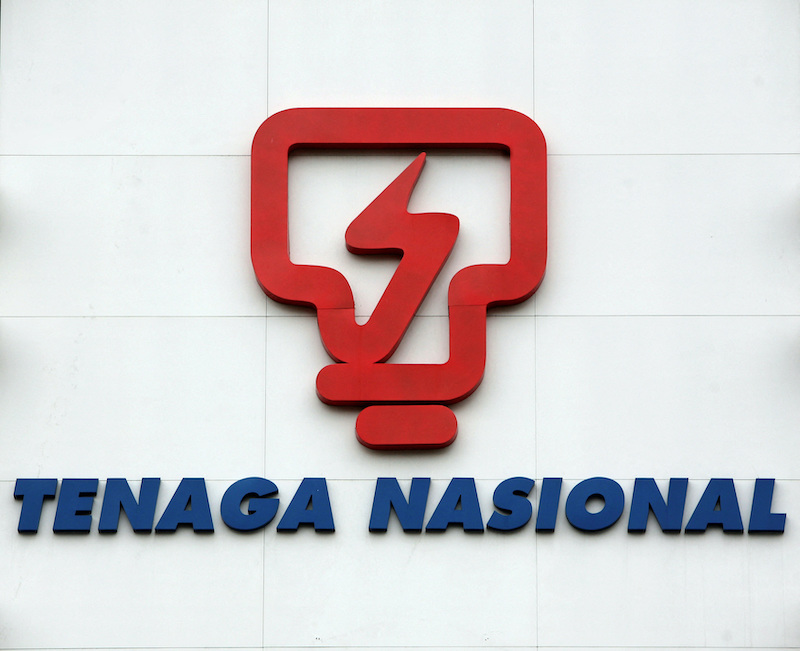Malaysian utility Tenaga Nasional Bhd (TNB) plans to spend about 20 billion ringgit ($4.5 billion) a year over the next three decades to fast-track its move to clean energy, the company said on Wednesday.
That capital expenditure aims to help the company, and the country, reach net zero emissions by 2050, Baharin Din, its president and chief executive, said in a statement.
Baharin said the move would “open opportunities in more than doubling its earnings before interest and taxes (EBIT)”.
Tenaga, in which sovereign wealth fund Khazanah Nasional is the biggest shareholder, aims to grab a bigger share of a clean energy market, which it estimates to be worth between 65 billion ringgit and 80 billion ringgit in Malaysia by 2050.
The company targets having its power generation unit TNB Genco take 40 billion ringgit of that amount, the company said this month.
Tenaga is planning to begin the process next year for a potential $1 billion listing of the TNB Genco, sources revealed last week.
“TNB’s decarbonisation plan will increase the enterprise value of Genco for the possibility of an initial public offering,” Baharin said on Wednesday.
New Energy Division
The company is also exploring gas and hydropower projects in Southeast Asia, with a target capacity of 800 megawatts by 2050, he added.
Its new energy division will expand its renewable portfolio by targeting capacity of 14.3 gigawatts by 2050 with an equity investment of $7 billion, Baharin said.
The unit will grow its solar and wind investments in existing markets in Malaysia and Britain, and new markets such as Spain and Vietnam, he added.
Tenaga will also invest 90 million ringgit over the next three years on projects to spur domestic adoption of electric vehicles (EV), Baharin said.
The company is targeting 500,000 cars by 2030, bringing in annual electricity revenue of 1.25 billion ringgit, he added.
- Reuters with additional editing by Jim Pollard
ALSO SEE:
China, Malaysia Seen Among States at Worst Risk of Climate Defaults
China-Backed Malaysia Megacity Project Struggles – FT
Severe Migrant Labour Shortage Costing Malaysian Firms Billions
Investors Eye Indonesia as Malaysia’s Political Woes Bite – SCMP
























